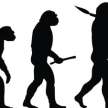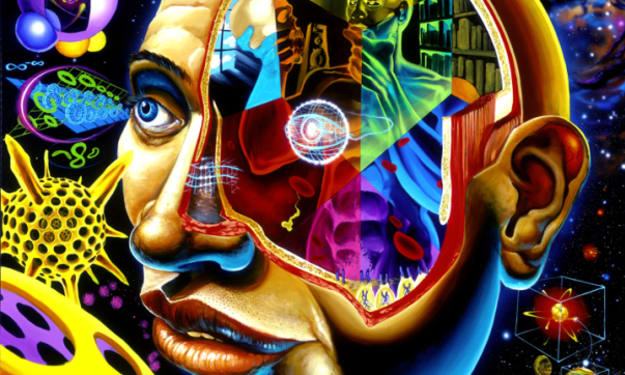
In the beginning, there was nothing. Then, suddenly, there was light. Then came humans, then the animals that could accompany the humans.
That's how everything started, according to some religion. Some religion believes that humans were made from clay, thus we are buried underground because it symbolically means we are returning to our original form.
From my perspective, religion is some sort of psychological relaxant for those who are going through a tough time; they feel the need to tell someone or something their problems and hope they will be solved.
A society is a group of people who share a specific belief. For example, a Muslim society believes in the beliefs of Islam and Quran, a Jewish society believes in the beliefs of Judaism and the Torah.
Atheism believes in the non-existence of a religious deity, of any religious scripture that consists of stories that are just too "fake," to be blunt. We believe in what has been proven.
We believe in science—not blindly, with proof. If someone comes in and say "Aliens exist on one of the planets in the solar system," we aren't going to believe it without any credible evidence.
The evidence has to be backed by credible research, and most importantly, it has to make sense.
Ancient civilizations were built on intelligence, monarchy, and religion. Greeks had their "mythology," which included Hades, Poseidon, Zeus, and Percy Jackson (joking about the last part.) The Egyptians had Osiris, Amun, etc.
Well, the word to focus on is "mythology." They could be loosely referred to as stories, but on a more accurate basis, they are a feature of culture.
Religion has been part of our society for centuries, so it evolves into being our culture over time.
The reason for a myth to be created includes a personification of natural phenomena, such as lightning. Remind you of anyone? Yes. Zeus.
Another reason proposed is that mythology helps convey belonging, behavioral models, and morals and practical lessons.
This is known as parables in the Bible. These were stories told by Jesus to his disciples to teach them morals and how to be a better person.
Back in Ancient Greece, the Olympics were organized to celebrate the strong bodies of athletes that the Gods had given them. Before the Games, they visited the golden statue of Zeus—which has been now destroyed—and prayed.
The people that created these stories were the first true sociologists. Making sense of their society and facilitating them, they found the strange in the familiar and tried to give meaning to them.
This can support one of the theoretical paradigms, which is structural functionalism.
This was suggested by Emile Durkheim who noticed this in society. He saw them as a complex system whose parts—the people—work together to promote stability and social order.
This is why, in a religious community, there will be the people who are believers in that specific religion living in that area as a majority.
If an "outsider" starts living there, people are going to think that their social order will be destroyed because a person with different beliefs may distort their way of living, involuntarily.
I predict that, in the near future, what we devote our beliefs to, the same way people in Ancient civilizations did, will eventually become a myth—a story that holds no truth and is an inaccurate historical account.
Or they will be used for entertainment; a billion-dollar franchise like TheAvengers where Loki, Thor, who are part of Norse Mythology and there could've been people who believed them. Now they are the Avengers.
About the Creator
Sarah Lee
Write about whatever catches your eye and gets your brain firing.






Comments
There are no comments for this story
Be the first to respond and start the conversation.